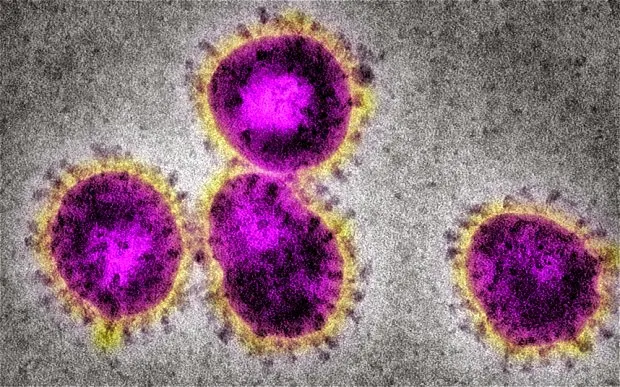Severe acute respiratory – SARS, a viral respiratory disease of zoonotic origin is caused by the SARS coronavirus. There are various numbers of coronaviruses connected to infections in humans and animals and the two recognized human coronaviruses may cause mild respiratory infection like common cold.
This type of virus may also include strains which may cause severe illnesses like SARS.It is a highly contagious and a serious life threatening form of pneumonia. This ailment originated in 2002, in the Guangdong province of southern China and the infection went on spreading quickly to other countries resulting in more than 8,000 cases and 774 deaths before the virus was brought under control.
It has flu like symptom which begins around two to ten days after infection. The patient experiences high temperature of 38 degree Centigrade or above, headaches, chills, extreme tiredness, muscle pain and loss of appetite or diarrhoea.
After these symptoms occur, between three to seven days, the infection tends to affect the respiratory systems like the lungs and the airways leading to additional symptoms like dry cough, an increasing lack of oxygen in the blood which could be fatal in most severe cases and breathing difficulties.
Initial Symptoms like Flu
Its initial symptoms are flu like which may include fever, lethargy, myalgia symptoms, sore throat, cough with other nonspecific symptoms and the most common symptoms in all patients is the fever above 38 degree Centigrade with shortness of breath which follows later.
The person may have symptoms similar to cold in the initial stage which may later resemble influenza, occasionally leading to pneumonia which could be either direct viral pneumonia or secondary bacterial pneumonia.
An Airborne Virus
It is an airborne virus which spreads in a similar way like flu and common cold. The SARS virus spreads in small droplets of saliva coughed or sneezed in the air by the infected individual and infection can take place if someone breathes in the droplets.
It can also spread indirectly if the infected person touches any surface with unwashed hand and the same is again touches by another person who may get infected with the ailment. Besides this, the SARS virus can also spread through the faeces of the infected person and if the person does not maintain hygiene by washing the hands properly after using the toilet they tend to pass on the infection to others.
Those living and caring for people affected with SARS are also prone to get affected with this infection.
Victim to be kept in Isolation
Presently there is no cure for SARS though there is a possibility of a vaccine and the infected person should be admitted in the hospital without any delay and kept in isolation under careful observation.
Supportive treatment include antibiotics to treat bacterial which may cause pneumonia, antiviral medication, assistance with breathing with the use of the ventilator for oxygen, high doses of steroid to reduce the swelling in the lungs.
It is said that precaution is better than cure and one could take precaution in avoiding travelling to areas affected with SARS and reduce the risk of getting affected or avoid direct contact with SARS victim, for at least ten days after the symptoms disappear.







No comments:
Post a Comment